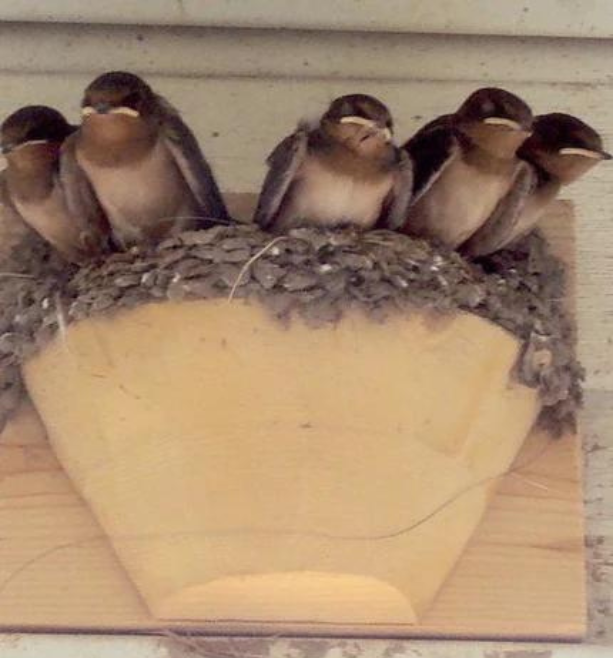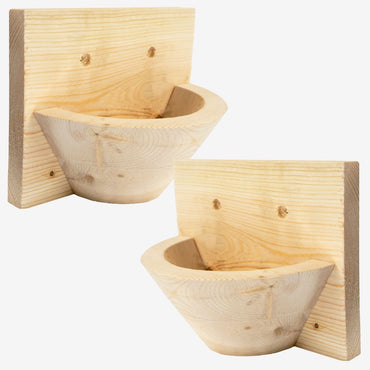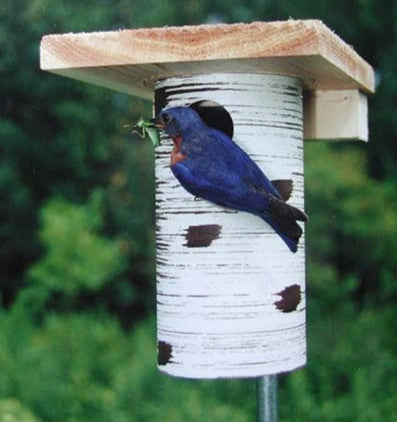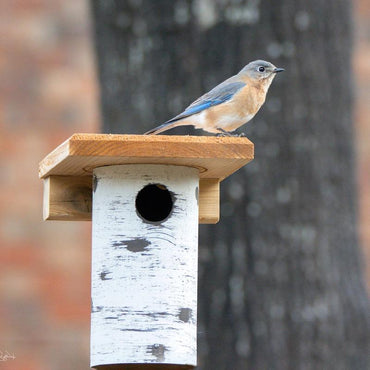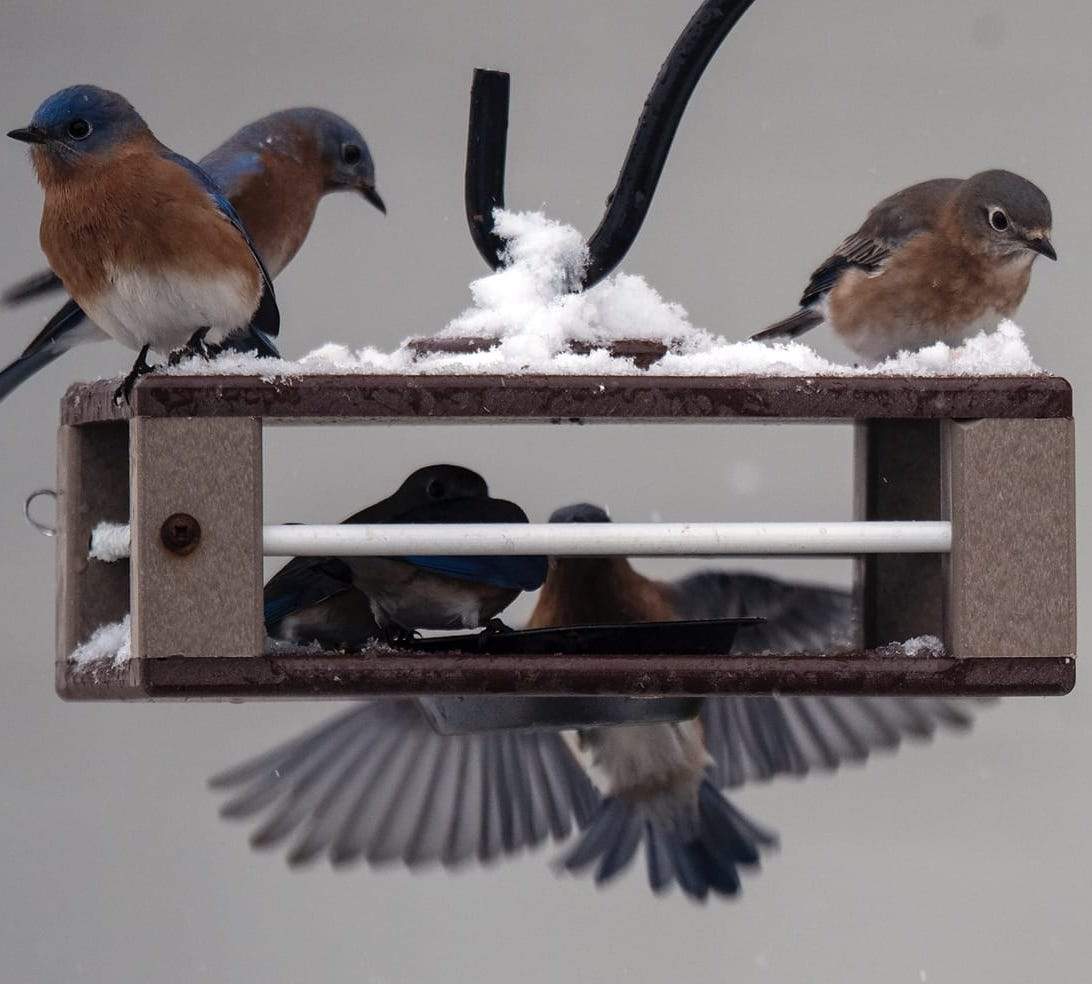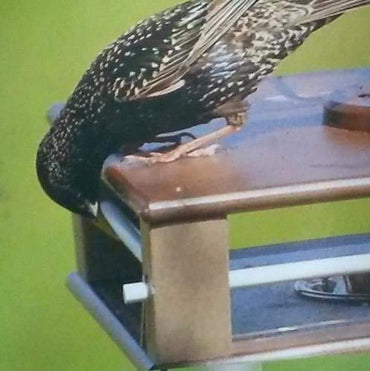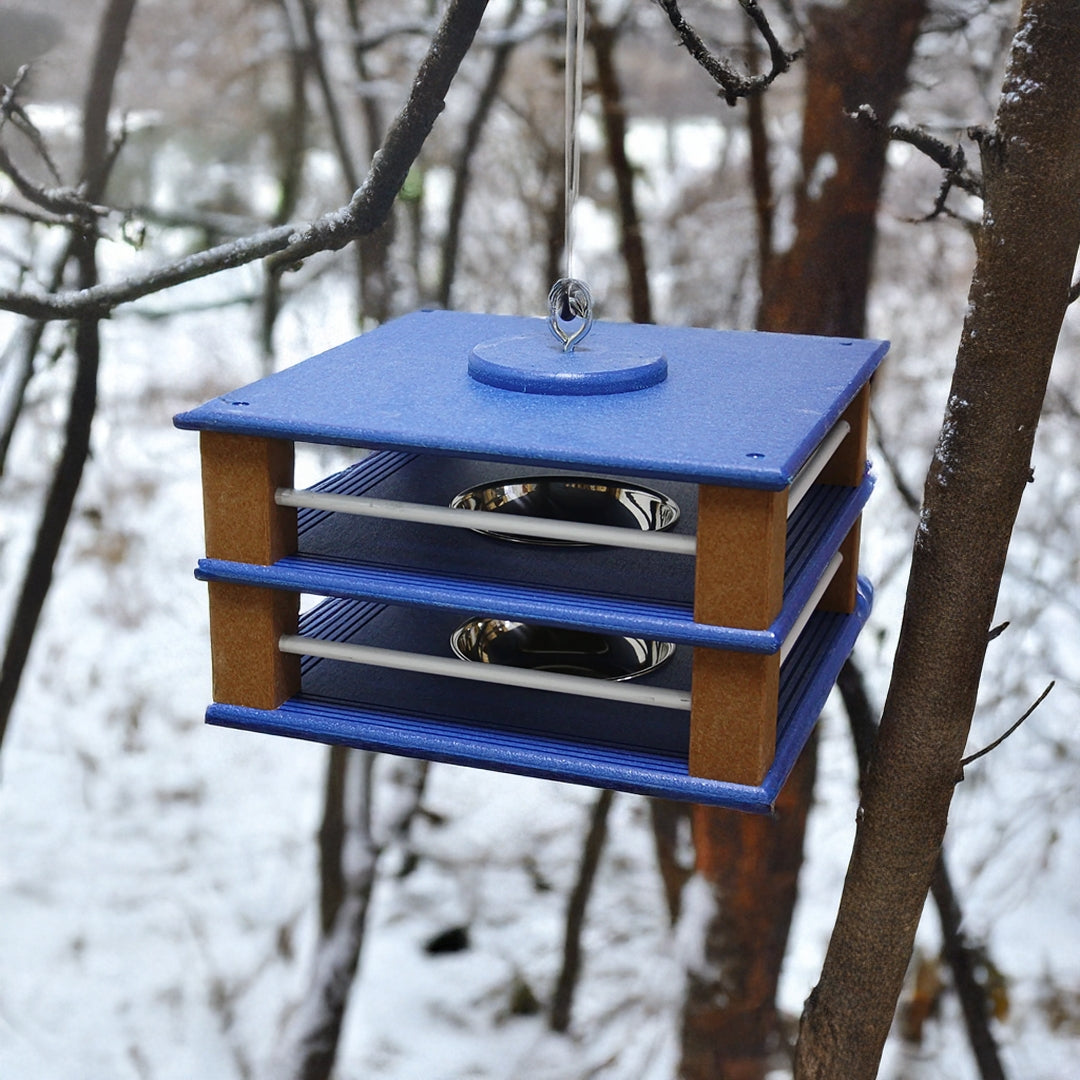Warm, wet, steamy days (that sounds like the prelude to a racy novel) followed by a sudden cold snap will have birds flocking to your feeders! But the former not only wreaks havoc on seed or suet, it's far worse for birds.
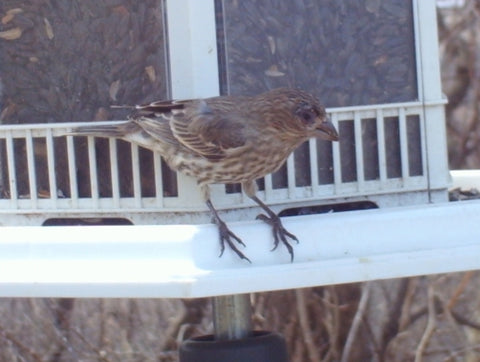 Deadly Respiratory Diseases Stemming From Moldy Seed
Deadly Respiratory Diseases Stemming From Moldy Seed
Generally birds have the smarts to stay away from spoiled food, but when temperatures dip to freezing, some may partake in anything that's offered.
Simply put, the calories are critical to endure and sustain overnight.
Finches and Pine Siskins mostly, as they travel in large flocks are susceptible to the deadly respiratory diseases stemming from moldy seed.
And it's not just the one or two affected birds - it's the bird feeder itself that now becomes the culprit.
Warning Signs To Look Out For
The bright eyes? Yes! Should you spot anything other than fully open, bright eyes, the bird may be sick. With a bevy of scientific names, the viruses are best known as salmonella or conjunctivitis, and they can spread like wildfire among local bird populations through bird feeders.
The outcome is usually fatal, with a slow and painful death from starvation or predation. Warning signs are easy if you know what to look for:
- Swollen or closed eyes
- Shaking or trembling (birds don't shiver)
- Clinging to feeders and allowing strangely close proximity
- Puffed up stance (different than healthy birds keeping warm)
- Generally lethargic
Should you witness any birds with these conditions... it's highly recommended to take feeders down for at least two weeks or until the population disperses. Because it's not just the sick little guy you see, but the feeders which are now passing the disease. Use a bleach solution to clean feeders (1:10) and rinse well. Rake up and clean the ground below as best you can.
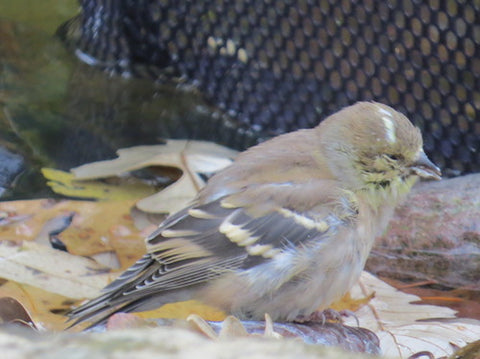 Take Feeders Down for at Least Two Weeks
Take Feeders Down for at Least Two Weeks
Although it's tough to see the birds searching and calling, frantically looking for their familiar eats when it's freezing outside, it's way worse to find a bunch of dead ones around the yard. We can attest to this as last spring we experienced one of these episodes.
Mold is deadly to birds, but it's easy to avoid this nightmare by keeping seed fresh, feeders clean and the ground below tidy as possible.
And remember to watch for the bright eyes of healthy birds as anything other is usually the first sign of illness.


 Deadly Respiratory Diseases Stemming From Moldy Seed
Deadly Respiratory Diseases Stemming From Moldy Seed Take Feeders Down for at Least Two Weeks
Take Feeders Down for at Least Two Weeks